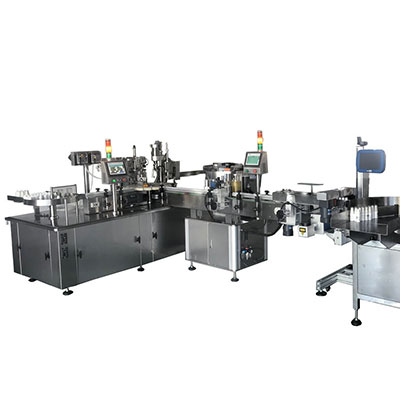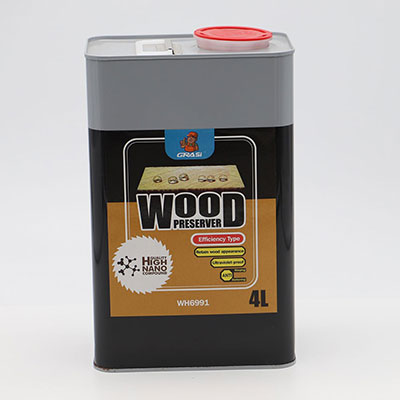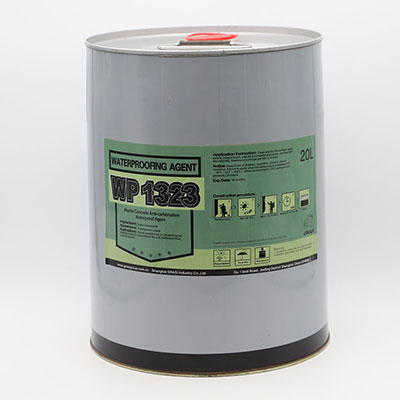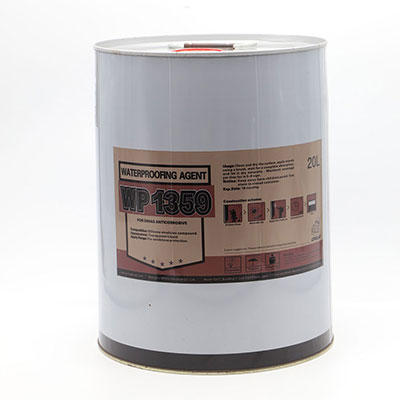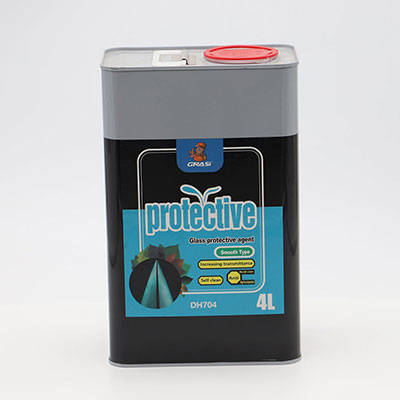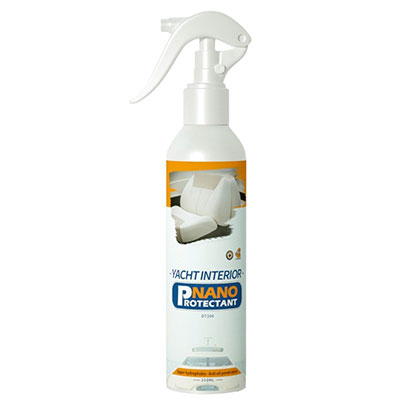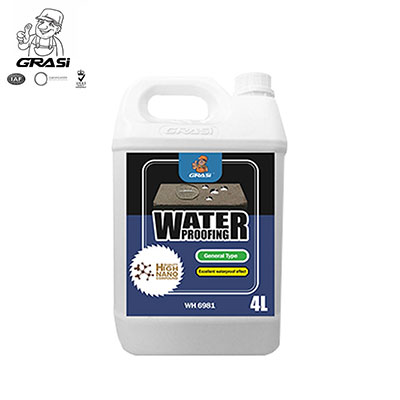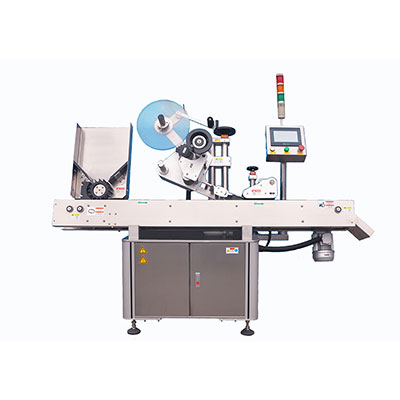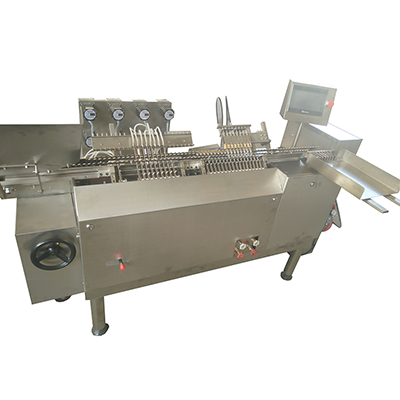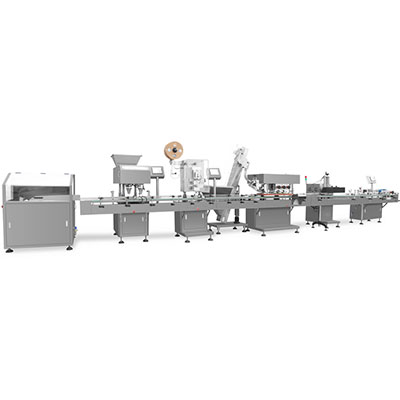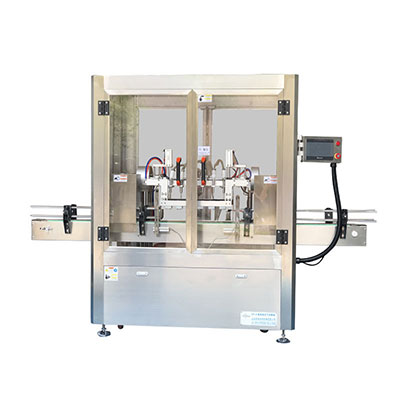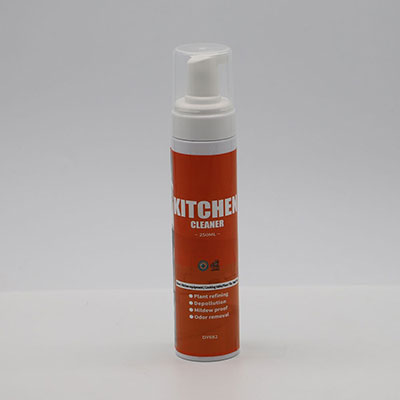GYTA53 Armored Stranded Loose Tube Cable
Structure
The GYTA53 armored stranded loose tube cable provides exceptionally reliable performance, and this starts with a proven loose tube design. 250μm fiber units are arrayed within each gel-filled, high-modulus buffer tube, and many buffer tubes and filler rods are stranded around a central steel wire to form a compact and circular cable core. The cable core is protected with water blocking material, and aluminum polyethylene laminate (APL) is then used to wrap the cable core longitudinally. Finally, PE inner sheath, PSP (plastic-steel-plastic) layer and PE outer sheath are applied one by one.
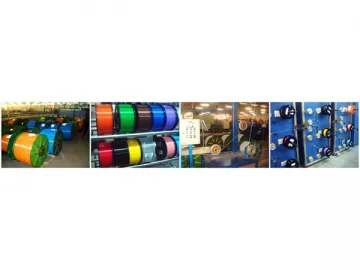
For some armored fiber optic cables with specific fiber count, a PE layer shall be applied outside the metallic central strength member.
Structural Diagram
Fiber
Tube filling compound
Loose tube
Cable filling compound
APL
PE inner sheath
Water-blocking material
PSP
PE outer sheath
Central strength member
Fiber
Tube filling compound
Loose tube
Cable filling compound
APL
PE inner sheath
Water-blocking material
PSP
PE outer sheath
Central strength member
Characteristic
1. Our armored stranded loose tube cable has high tensile strength and unsurpassed resistance to temperature variation because of its precisely controlled excess fiber length.
2. As mentioned above, the gel-filled loose tube offers critical protections for optic fibers, and the tube itself is constructed by a kind of special material which has good hydrolysis resistance and pretty high strength.
3. The PE sheath enables our outdoor optical fiber cable to have extraordinary flexibility and crush resistance.
4. We take advantage of the following measures to protect both single mode and multimode fiber cables from water ingress.
a. Single steel wire as the central strength member
b. Special water blocking material inside and between loose tubes
c. APL and PSP layers
Standard Fiber Color Codes
| 1 | 2 | 3 | 4 | 5 | 6 | 7 | 8 | 9 | 10 | 11 | 12 | |
| Colour | Blue | Orange | Green | Brown | Slate | White | Red | Black | Yellow | Violet | Pink | Aqua |
| Colour code | B | O | G | N | S | W | R | K | Y | V | P | A |
Optical Parameters of Armored Stranded Loose Tube Cable
| Attenuation | G652 | ≤0.36dB/km@1310nm | ≤0.22dB/km@1550nm |
| G655 | ≤0.40dB/km@1310nm | ≤0.23dB/km@1550nm | |
| 50/125 | ≤3.0dB/km@850nm | ≤1.0dB/km@1300nm | |
| 62.5/125 | ≤3.0dB/km@850nm | ≤1.0dB/km@1300nm | |
| Bandwidth | 50/125 | ≥500MHz·km@850nm | ≥1000MHz·km@1300nm |
| 62.5/125 | ≥200MHz·km@850nm | ≥600MHz·km@1300nm |
Structural Parameters of Armored Stranded Loose Tube Cable
| Model (fiber count increment: 2) | Fiber count | Tube No. | Filler rod No. | Cable diameter (mm) | Cable weight (kg/km) | Tensile strength (long/ short term, N) | Crush resistance (long/ short term, N/100mm) | Bending radius (static/ dynamic, mm) |
| GYTA53-2~6Xn | 2~6 | 1 | 5 | 13.7 | 190 | 1000/3000 | 1000/3000 | 10D/20D |
| GYTA53-8~12Xn | 8~12 | 2 | 4 | 13.7 | 190 | 1000/3000 | 1000/3000 | 10D/20D |
| GYTA53-14~18Xn | 14~18 | 3 | 3 | 13.7 | 190 | 1000/3000 | 1000/3000 | 10D/20D |
| GYTA53-20~24Xn | 20~24 | 4 | 2 | 13.7 | 190 | 1000/3000 | 1000/3000 | 10D/20D |
| GYTA53-26~30Xn | 26~30 | 5 | 1 | 13.7 | 190 | 1000/3000 | 1000/3000 | 10D/20D |
| GYTA53-32~36Xn | 32~36 | 6 | 0 | 13.7 | 190 | 1000/3000 | 1000/3000 | 10D/20D |
| GYTA53-38~48Xn | 38~48 | 4 | 1 | 15.3 | 229 | 1000/3000 | 1000/3000 | 10D/20D |
| GYTA53-50~60Xn | 50~60 | 5 | 0 | 15.3 | 229 | 1000/3000 | 1000/3000 | 10D/20D |
| GYTA53-62~72Xn | 62~72 | 6 | 0 | 15.9 | 244 | 1000/3000 | 1000/3000 | 10D/20D |
| GYTA53-74~84Xn | 74~84 | 7 | 1 | 18.0 | 288 | 1000/3000 | 1000/3000 | 10D/20D |
| GYTA53-86~96Xn | 86~96 | 8 | 0 | 18.0 | 288 | 1000/3000 | 1000/3000 | 10D/20D |
| GYTA53-98~108Xn | 98~108 | 9 | 1 | 19.2 | 325 | 1000/3000 | 1000/3000 | 10D/20D |
Standard
The stranded loose tube cable complies with YD/T 901-2001 and IEC 60794-1 standards.
Application
Our armored stranded loose tube cable is compatible with duct, aerial, underwater and direct burial installations, and it is often used in core network, access network, metropolitan area network and so on.
Links:https://www.globefindpro.com/products/74842.html
-
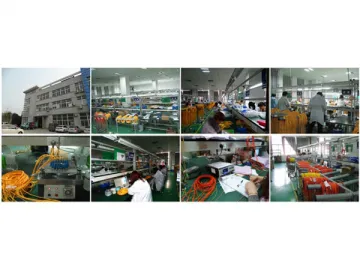 Fibre Optic Patch Cord
Fibre Optic Patch Cord
-
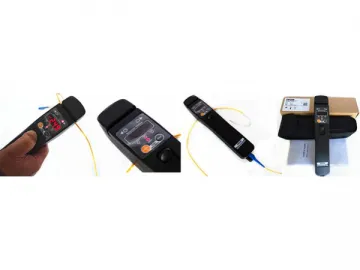 GW3306 Optical Fiber Identifier
GW3306 Optical Fiber Identifier
-
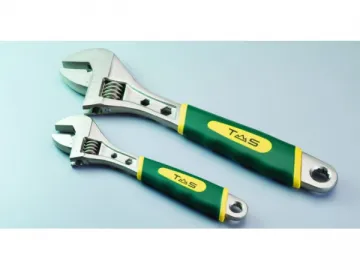 Adjustable Wrench
Adjustable Wrench
-
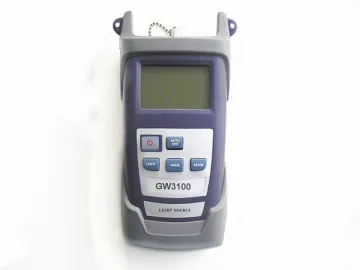 GW3100 Optical Laser Light Source
GW3100 Optical Laser Light Source
-
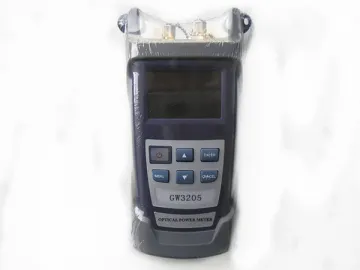 GW3205 Fiber Optic Multimeter
GW3205 Fiber Optic Multimeter
-
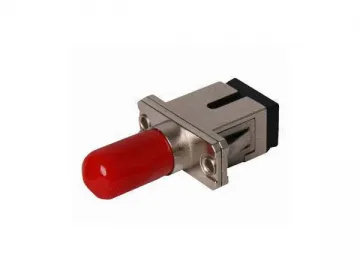 Fibre Optic Adapter
Fibre Optic Adapter
-
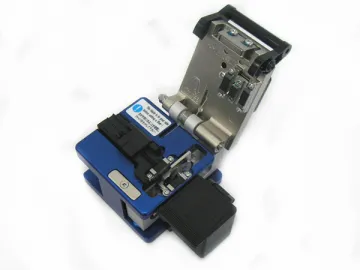 Sumitomo FC-6S High Precision Optical Fiber Cleaver
Sumitomo FC-6S High Precision Optical Fiber Cleaver
-
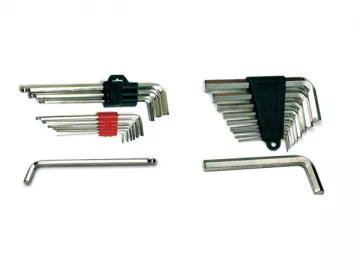 Other Hand Tool
Other Hand Tool
-
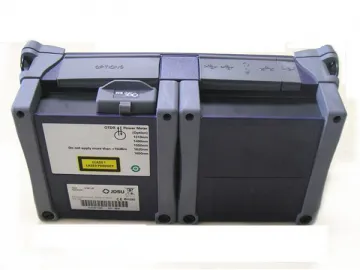 JDSU MTS-4000 Optical Time Domain Reflectometer
JDSU MTS-4000 Optical Time Domain Reflectometer
-
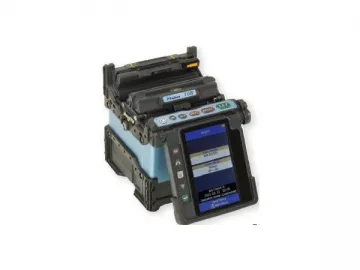 Fujikura 70R Ribbon Fusion Splicer
Fujikura 70R Ribbon Fusion Splicer
-
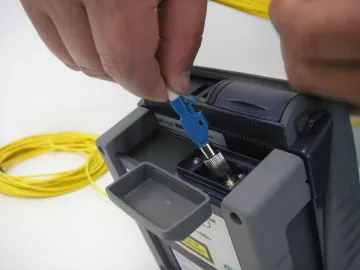 JDSU MTS-2000 Optical Time Domain Reflectometer
JDSU MTS-2000 Optical Time Domain Reflectometer
-
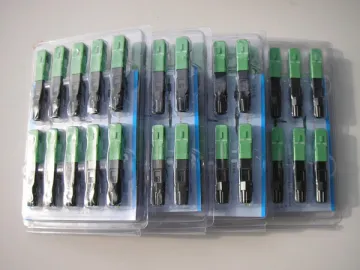 Fibre Optic Fast Connector
Fibre Optic Fast Connector
